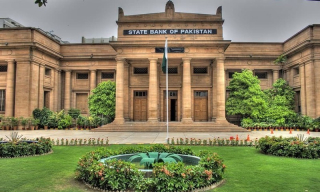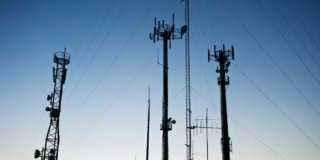Pakistan Will Soon Start Using Domestic Coal To Generate Electricity

The government, in collaboration with Independent Power Producers (IPP), is set to agreement on using 10% indigenous coal to generate electricity. The initiative will help in reducing the electricity generation cost in the country.
IPPs demonstrated their willingness to generate electricity by using up to 10% of domestic coal. The private Power and Infrastructure Board (PPIB) is planning to switch IPPs to Thar Coal. As the indigenous coal is far cheaper than imported coal. According to various sources, utilizing up to 10% of the Thar coal for power generation will not require modifications to the existing generation plants.
Pakistan will switch over to domestic coal from imported-coal-based power plants. The Pakistani government has chosen to replace the imported coal used in its current power facilities.
Meanwhile, the use of 10% coal will significantly impact the generation of electricity. In comparison, when coal was rising to $400 per metric ton, the local coal was just around $40. Pakistan’s coal-fired power plants import coal primarily from Indonesia and South Africa. Pakistan’s imports of coal have increased dramatically since 2015. The reason is the nation has started up multiple coal-fired power units during the last five years.
Therefore, the import prices cost a lot to generate electricity. The price of imported coal from South Africa jumped from US$177/ton to over $400/ton during the Fiscal Year 2021-2022.
Global coal prices make it difficult for Pakistan to afford imported coal. Pakistan is facing a lot of financial crisis as the dollar price is increasing daily. It is challenging for a regular-income person to afford the rising electricity prices. Therefore, the government has decided to generate its electricity from local coal as imported coal costs a lot for the government. However, the cost of imported coal-based electricity has increased due to the abnormal rise in coal prices. It is enhanced from Rs 10/unit to approximately Rs 29/unit. Indeed, it is a big jump and challenging for the government to afford such high prices.
On the other hand, the price of locally generated electricity using coal ranged from Rs 7 to Rs 9 per unit. It is essential to note that the government has already permitted coal import from Afghanistan. The decision is to cut down the cost of electricity. Comparatively, the price of Afghan coal is lower than that of imported coal from other parts of the world.
Read more:
Sharing clear, practical insights on tech, lifestyle, and business. Always curious and eager to connect with readers.


 3 min read
3 min read
















